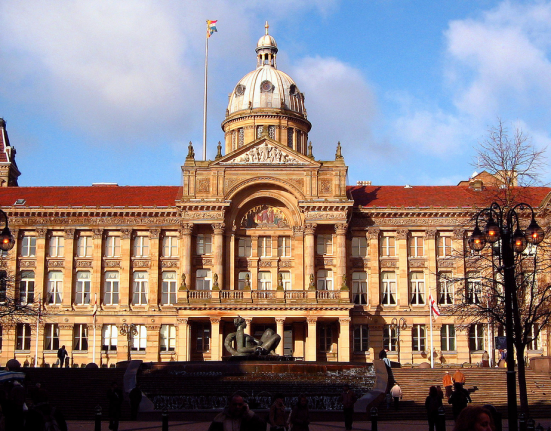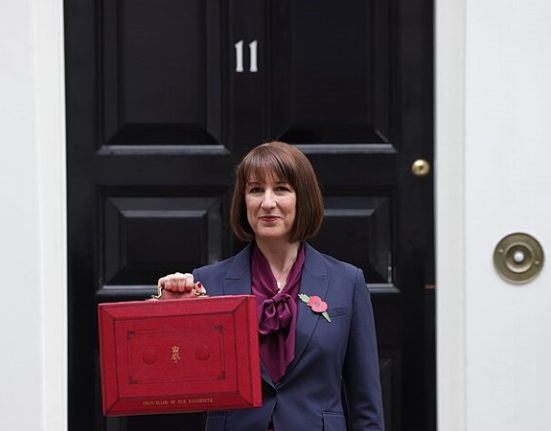Basel is the base of the Bank for International Settlements
A rotund glass and concrete tower, and the smaller six-storey round Botta building (named after its architect Mario Botta), in the heart of Basel, Switzerland, are the headquarters of the Bank for International Settlements (BIS), known as the central bankers’ central bank.
You would not necessarily notice anything special about the people who enter and exit the building on a daily basis. You would not realise that they are effectively operating with legal immunity, as the BIS is, for the most part, beyond legislative reproach.
Many Western nations bought into this system
The UK government passed the Bank for International Settlements (Immunities and Privileges) Order in 2021 to make way for the set-up of a BIS Innovation hub in London. There are several “Innovation Hubs,” including in Frankfurt, Singapore, Stockholm, Toronto and Hong Kong, all of which have been set up primarily for researching and development of financial technology (fintech). All participating countries either have similar legislation enacted or an official agreement amounting legal immunity.

Why should central banks be immune from legal reproach?
A reasonable person might ask what gives a central bank the right to be immune from legal challenge? BIS says it is required to enable it to carry out its functions independently, unhindered by outside influence. This explanation should only create more questions in the inquiring mind. For example, should this not be a general rule of law for any individual to be able to operate under in a truly free and democratic society? Is this institution too big to fail and what happens if it does fail? If it is not doing anything illegal, why should it require immunity?
BIS employees don’t pay income tax
Not only does the BIS have legislative immunity but its employees are exempt from paying income taxes and do not have to suffer the tedious process of immigration controls when travelling through participant countries. How these two particular privileges can have positive outcomes on BIS’s operation is anybody’s guess. One might argue that paying no tax makes the individual more diligent and invested in their work, but surely this theory can be applied to anyone working for any organisation both in the public or private sector?
Hiding in plain sight
Fact is, the BIS and all central banks are far more powerful than most people would ever care to imagine. A famous quote often attributed to Mayer Rothschild, founder of the Rothschild banking dynasty, by which early BIS iterations were inspired, is as follows: “Give me control of a nations’ money supply and I care not who makes its laws”. Whether or not he said this, the BIS and the governments who allow it to operate freely, seem to embody this sentiment.
DISCLAIMER: This is not investment advice. It is simply the opinion of this columnist.







